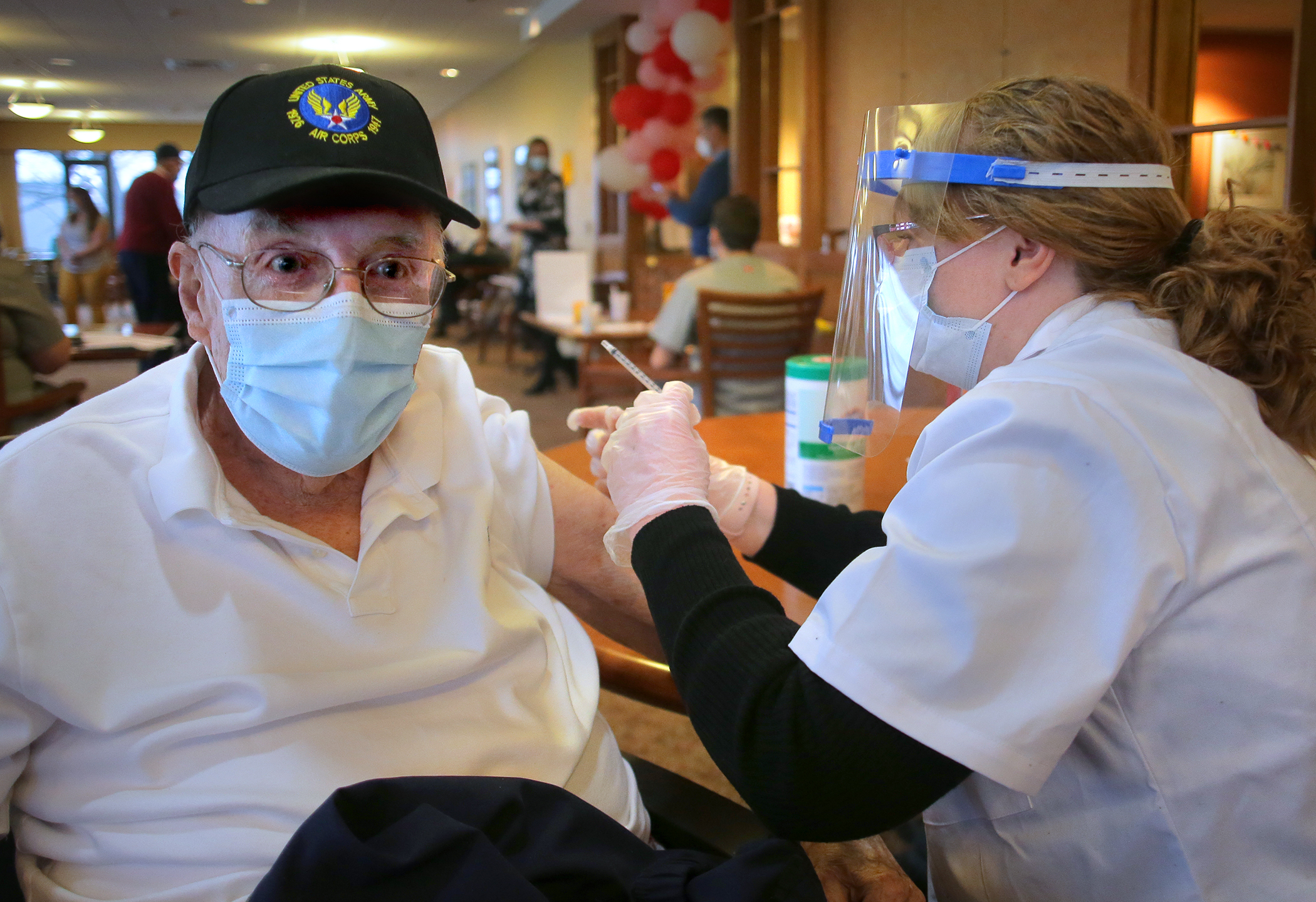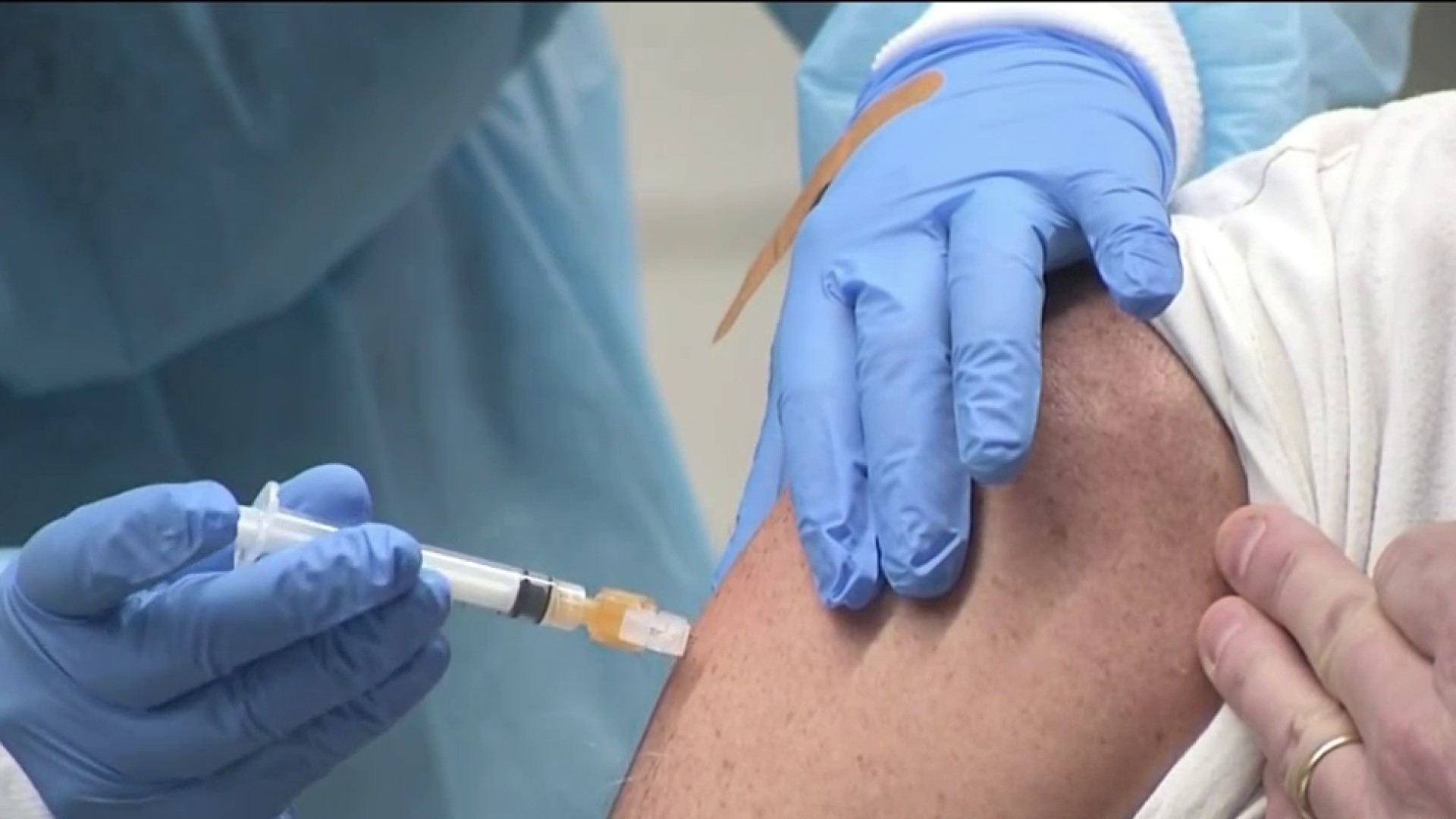As the medical community keeps a close eye on the roll out of COVID-19 vaccines, some are noticing reports of various skin reactions, particularly among people with dermal fillers in their face.
“It is estimated by some professional medical societies that about 2.6 million visits happen annually in the U.S. for people getting facial filler,” said Dr. Arianne Shadi Kourosh, director of community health for Mass. General Hospital’s Dermatology Department and of Lasers and Esthetics at Brown University Medical Center.
Kourosh co-authored a paper that breaks down the data from clinical trials of the vaccine, which was recently published in the ‘International Journal of Women’s Dermatology.'
Get top local stories in Boston delivered to you every morning. Sign up for NBC Boston's News Headlines newsletter.
“Knowing there are reactions in a clinical trial is part of the process," Kourosh said.
The most common skin reactions appear to be at the injection site. Allergic reactions on the skin can manifest in hives and rashes, while facial filler reactions can be seen in swelling of the face and lips.
The medical community has seen similar reactions before, Kourosh noted, after flu vaccinations. Data from clinical trials show three participants who received the Moderna vaccine reported having a filler reaction.
“In the reactions that happened in the Moderna trial, in two of the three cases they had facial swelling and in one case the person had lip swelling,” Kourosh said.
The reaction is likely a result of exciting the immune system, according to Kourosh.
“We can see these reactions at times when a person has an illness -- a viral illness or sinus infection -- around the time of their cosmetic procedure or in some cases when a person has a dental procedure,” Kourosh said.
While the filler reactions were manageable, went away and have been seen before, it is something to keep in mind for people who get these procedures.
“I would encourage anyone planning on having a vaccination to do a little planning," Kourosh said. "Do not plan to have any cosmetic procedures for a few weeks before or after the vaccination and to also talk to their doctor ahead of time for pre-vaccination planning.”
Kourosh urges anyone who experiences similar reactions to report them to their health care provider. There are also several sites to document those reactions, including through the U.S. Centers for Disease Control and Prevention’s V-safe program, which helps keep the medical community informed.
“I think the take-home message from physicians is that we encourage everyone to become vaccinated, that there are rare reactions with the vaccine but we know what they are -- and they can be managed,” Kourosh said.



